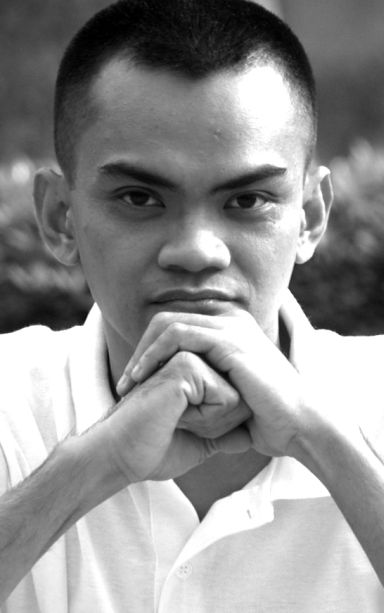
PAREDES
Last Thursday, December 29, was a special day for me as it was the birthday of my late grandfather, Tomas Gonzales Paredes. It was also the 118th anniversary of the Independence of Cebu from Spanish rule. And, somehow, my lolo’s ancestors had shed blood in that struggle for our freedom more than a century ago.
My lolo was a descendant of the Gonzalezes (for some reasons, some members of the family would change the original Spanish spelling of the name with two “z’s” to a Portuguese one ending with “s”.) of Surigao who, according to the American historian Michael Cullinane, were a family of filibusteros.
It was from this Spanish mestizo family in Surigao that also came Florencio and Fortunato Gonzalez who migrated to Cebu and later became involved in the local Katipunan. Two other siblings, Wenceslao, who stayed in Manila, and Simon, who remained in Surigao, were also staunch anti-clerics and critics of the Spanish administration. After graduating from the Seminario-Colegio de San Carlos, Florencio went to Manila to pursue further studies and got married there. He returned to Cebu and lived with his brother Fortunato in San Nicolas in 1884.
A comerciante and propetario who took charge of family businesses relating to real estate and mining in Surigao, Florencio also became a notario-escribano by virtue of his education. Yet, despite this privileged position, Florencio became involved in the controversy regarding alleged illegal acquisition of lands by the Agustinians in Talisay-Minglanilla. He took the side of the residents against the friars in this case, which later led to his removal from his position in the local judiciary. His having “subversive contacts” was cited as one of the reasons for his dismissal.
In 1897, in one of those visits to Manila to attend hearings on his case with his co-worker Luis Flores representing him, he got in contact with Katipuneros in Tondo. Upon his return to Cebu, Florencio and his brother Fortunato were recruited in the Katipunan and helped establish the local movement. They were among those who conspired the revolt in Tres de Abril 1898. That plan was foiled and the brothers Gonzalez were arrested, tortured, and executed along with other fellow Katipuneros in Fort San Pedro.
Their executions sparked the now famous Tres de Abril revolt led by Leon Kilat. Although, armed only with machetes and a few rifles, the Cebuano insurgents employed effective combat tactics that defeated the well-armed Spanish soldiers and loyalists, leading the latter to retreat in Fort San Pedro, where they were holed up for three days while the Katipuneros took over the city until Spanish reinforcement came in a battleship.
That was the start of the bloody revolution in Cebu that eventually led to the victory of the Katipunan in December of 1898. In December 24, after their formal surrender to the revolutionaries, which were already starting to occupy the city using an effective strategy of encircling it from the mountains, the Spaniards and their loyalists finally boarded their boats and left Cebu.
Christmas day was thus celebrated as the first day of freedom from Spanish rule as residents roamed around the streets under the new leadership of the Philippine Republic headed in Cebu by General Arcadio Maxilom.
On December 29, 1898, the newly-established Philippine government celebrated a mass at the Cebu Cathedral with the Spanish Bishop Martin Alcocer, who had been sympathetic to the revolution, as celebrator. After the mass, shots were fired and shouts of “Mabuhi ang Katipunan!” and “Mabuhi ang Pilipinas!” broke out from the big crowd. General Maxilom formally declared independence of Cebu from foreign rule.
So, it was a triple treat freedom came to Cebuanos in between Christmas day and the New Year’s. This “3-in-1” celebration was theme of the special commemoration of the Independence of Cebu in 1898 last December 29 at Palm Grass Hotel, the heritage hotel located in Junquera Street. The 118th anniversary of Cebu Independence was marked with a mass celebrated by a priest from the Cebu Cathedral and ended with bursts of confetti and the singing of “Alerta Katipunan.”
I attended that celebration in behalf of my late grandfather and the rest of the Gonzales clan in Surigao del Norte. So my lolo’s birthday this year was special as it became a moment of recollection of his proud ancestry whose struggles and sacrifices had led to the liberation not only of our hometown in Surigao but in Cebu as well.